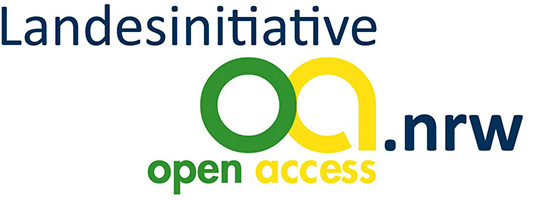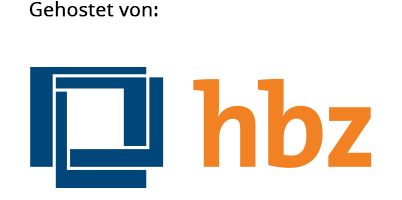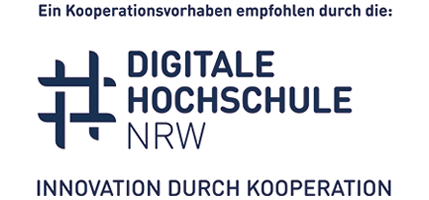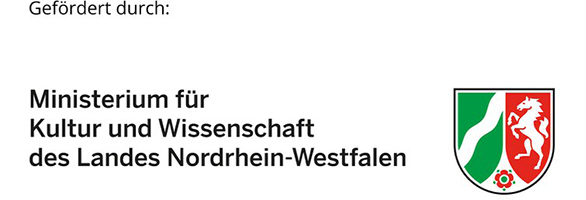Information modeling approach for integrated logistic services in supply chains ecosystems
DOI:
https://doi.org/10.2195/lj_NotRev_skubowius_en_202203_01Keywords:
B2B platforms, International Data Spaces, Silicon Economy, data economy, information model, logistics services, open source, platform economyAbstract
This paper describes a procedure for generating information models for (hybrid) logistic services in horizontal value networks. The goal is to enable a fast integration of platform services via open source information models and to significantly reduce the coordination effort between individual partners in the supply chain. By publishing and sharing the free information models for the respective standard logistic functions, de facto standards are to be achieved. Through the joint development and adaptation of information models in a community, the development risk is shared and, depending on the size of the community, the quality, the accuracy of fit, and finally the acceptance are increased. After a basic introduction concerning collaborative logistic systems, the state of the art in science and technology for the addressed subsectors is described. Chapter 4 motivates the need for unified information models in the context of platform economy. The general solution approach is presented in Chapter 5, and the approach is exemplified in a use case in Chapter 6. A summary, a conclusion, and an outlook are presented in Chapter 7.Downloads
Published
2022-03-03
How to Cite
Skubowius, E., Korth, B., Leveling, J., Erler, T., Prasse, C., Schmidt, M., … Zupancic, V. (2022). Information modeling approach for integrated logistic services in supply chains ecosystems. Logistics Journal: Editorial-Reviewed. https://doi.org/10.2195/lj_NotRev_skubowius_en_202203_01
Issue
Section
Artikel








